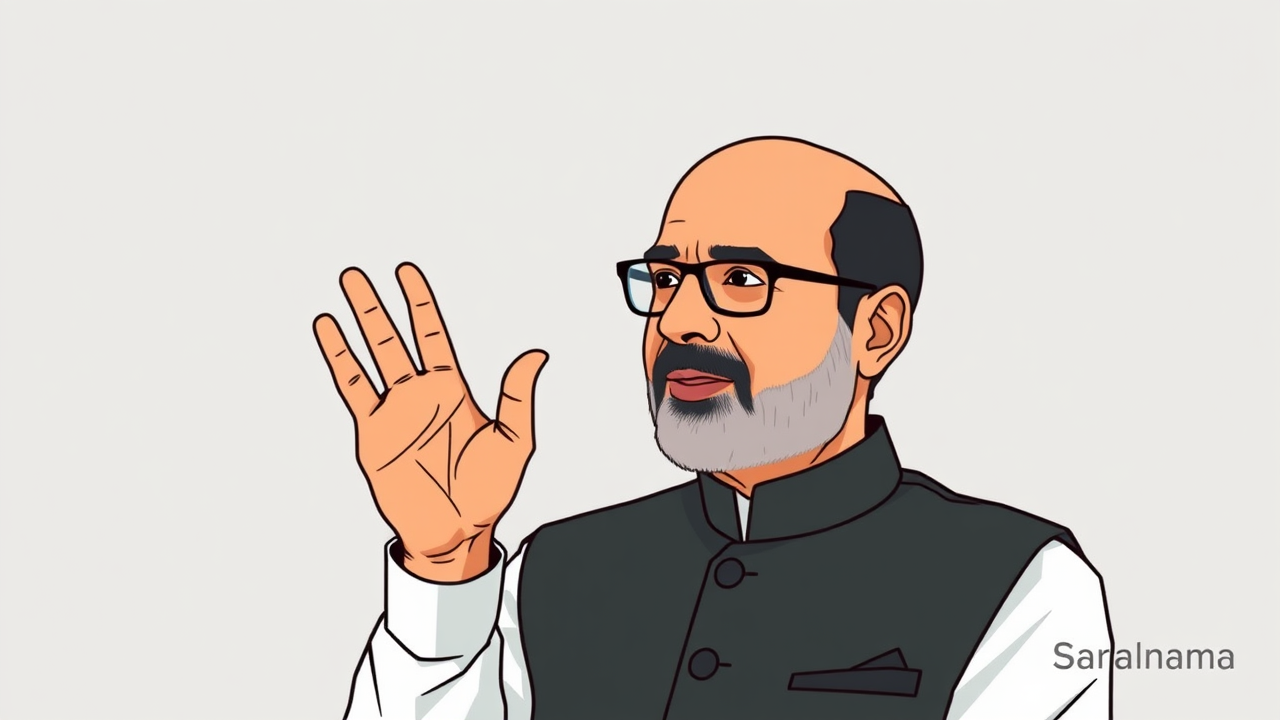The National Democratic Alliance swept the Bihar Assembly elections with a decisive victory, but the performance of the Janata Dal (United) stood out remarkably. The party, led by Chief Minister Nitish Kumar, won 85 seats, nearly doubling its 2020 tally of 43 seats. This result brought JD(U) close to ally BJP's 89 seats. National working president Sanjay Jha credited the turnaround to Nitish Kumar's 20 years of governance, improved ticket distribution based on winnability, and strong coordination among NDA partners. Jha highlighted that JD(U) was formed in 1994 against RJD's misrule and remains the only socialist party without dynastic succession. The victory margin crossed 200 seats for the alliance. Opposition parties, particularly Congress and RJD, alleged vote manipulation and labelled the pre-poll transfer of Rs 10,000 to women as bribes. Jha dismissed these claims as shameless lies, emphasising that no complaints about missing votes surfaced during polling. He underscored that women's empowerment through self-help groups has been ongoing for 15 years. Despite questions about Nitish's health, the 74-year-old leader conducted 73 rallies and travelled over 600 kilometres by road. The new government's priorities include creating one crore jobs, attracting industrial investment, and skilling Bihar's large youth population.

Three Pillars Behind NDA's Landslide Victory
Sanjay Jha identified three crucial factors for the alliance's success. First, Nitish Kumar's two-decade governance record created a pro-incumbency wave in Bihar, with substantial development work completed between 2020 and 2025. Second, the double-engine government formula proved effective, as Biharis viewed having Modi as Prime Minister and Nitish as Chief Minister as an ideal combination. The Prime Minister visited Bihar almost monthly over the past two years, launching major projects. Both the 2024 and 2025 Union Budgets allocated significant funds to the state. Third, voters expressed hope for Bihar's future, believing the state is now positioned for industrial take-off after missing opportunities during the 1990s economic liberalisation due to poor governance that established what Jha called the 'kidnapping industry'. People now demand industrialisation and job creation matching other developed states.
JD(U)'s Remarkable Turnaround and Campaign Strategy
The party's dramatic improvement from 43 to 85 seats resulted from several strategic decisions. Jha credited Nitish Kumar personally, noting the 2020 results had deeply affected the leader despite strong governance performance. The party focused intensely on previously lost constituencies with year-long worker mobilisation. Ticket distribution prioritised winnability over other considerations. Crucially, the entire NDA remained united throughout the campaign, marking the first Bihar election with complete coordination from leadership to ground-level workers. All constituent party presidents jointly travelled to all 243 constituencies for unified NDA meetings, unprecedented in Bihar politics. The campaign launched early, and when weather prevented helicopter travel, Nitish conducted over 20 public meetings by road. Party workers contributed significantly, motivated by earlier disappointment and the party's non-dynastic character since its 1994 formation.
Opposition Allegations and Government Priorities Ahead
Opposition parties claimed vote manipulation and characterised the Rs 10,000 transferred to women's accounts as bribes. Jha strongly rejected these allegations, asserting national media found no complaints about missing votes during elections. He called the accusations demeaning to Bihar's women, clarifying the funds support enterprise, not freebies. Recipients purchased sewing machines, opened shops, or bought livestock for income generation. Women's empowerment through Jeevika self-help groups has operated for 15 years. RJD's attempts to expand among Extremely Backward Classes failed because voters remember past misrule and recognise Nitish's consistent support. Looking forward, the government will prioritise youth employment with a target of one crore jobs, attracting industrial investment to every district, and skilling programmes for Bihar's large youth population. Migration emerged as a key electoral issue requiring attention.
Source: Link
